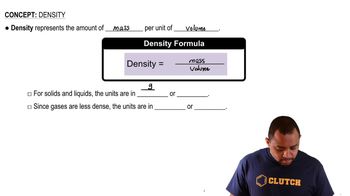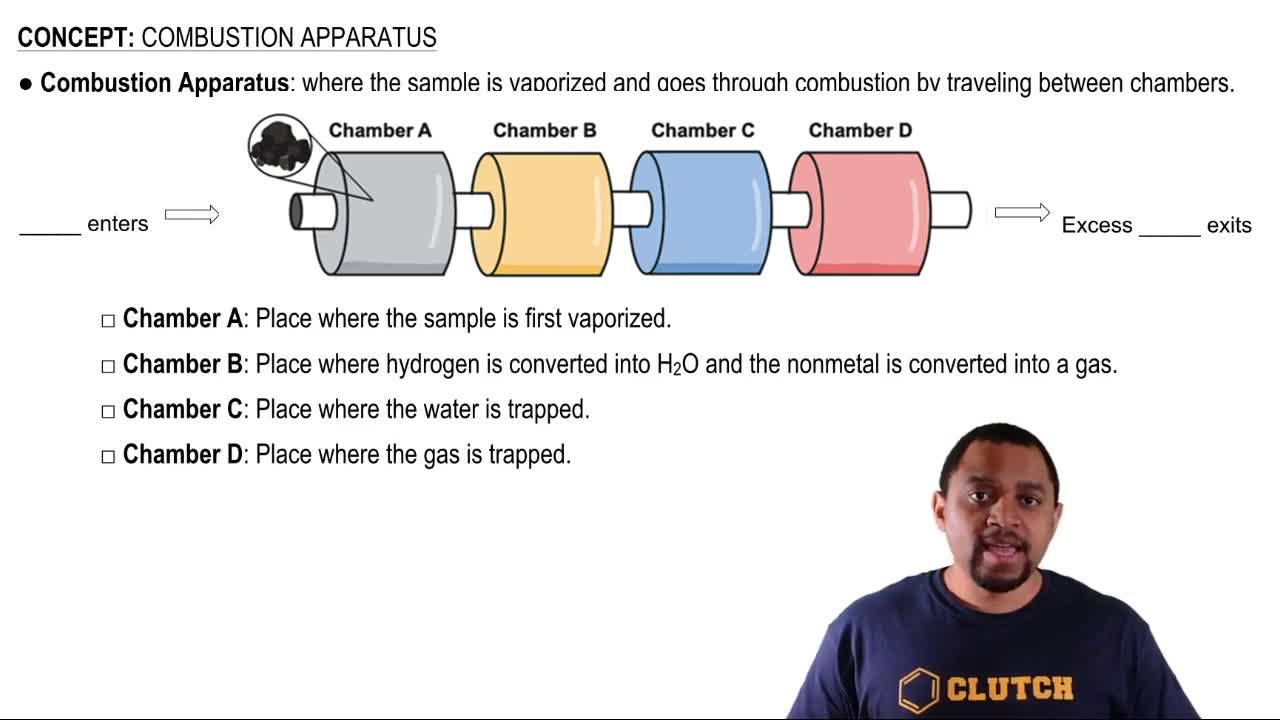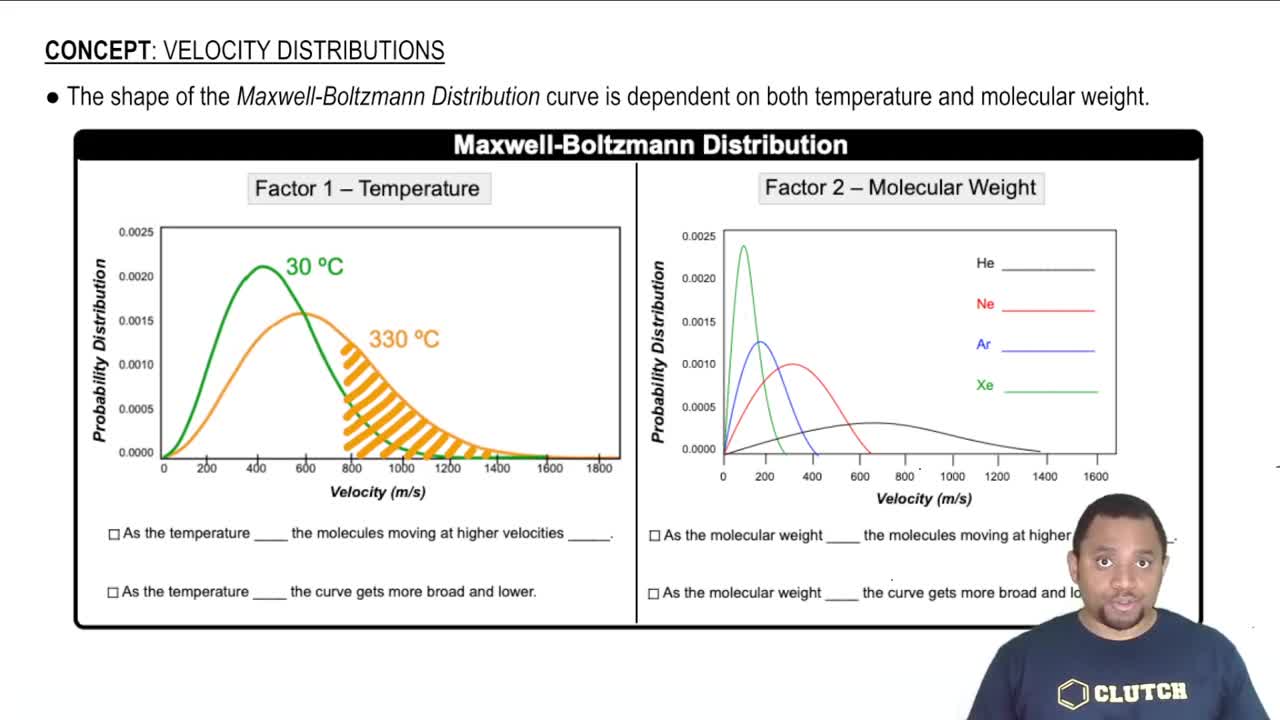Ch.22 - Chemistry of the Nonmetals

Brown14th EditionChemistry: The Central ScienceISBN: 9780134414232Not the one you use?Change textbook
Chapter 22, Problem 27
Complete the exercises below: Describe two characteristics of hydrogen that are favorable for its use as a general energy source in vehicles.
 Verified step by step guidance
Verified step by step guidance1
Hydrogen has a high energy content per unit mass, which means it can store a large amount of energy in a small amount of fuel, making it efficient for use in vehicles.
When hydrogen is used in fuel cells, it combines with oxygen to produce electricity, and the only byproduct is water, making it an environmentally friendly energy source with no harmful emissions.
Hydrogen can be produced from a variety of resources, including water, natural gas, and biomass, providing flexibility and potential for sustainable production methods.
Hydrogen fuel cells are highly efficient compared to internal combustion engines, as they convert chemical energy directly into electrical energy with minimal energy loss.
Hydrogen can be stored and transported in various forms, such as compressed gas or liquid, allowing for versatile applications in different types of vehicles and infrastructure.
Key Concepts
Here are the essential concepts you must grasp in order to answer the question correctly.
Energy Density
Energy density refers to the amount of energy stored in a given system or region of space per unit volume or mass. Hydrogen has a high energy density by weight, meaning it can store a significant amount of energy relative to its mass. This characteristic makes hydrogen an attractive fuel source for vehicles, as it allows for longer driving ranges compared to traditional fuels.
Recommended video:
Guided course

Density Concepts
Combustion and Emissions
The combustion of hydrogen produces water vapor as its only byproduct, making it a clean energy source. Unlike fossil fuels, which release carbon dioxide and other pollutants when burned, hydrogen's combustion does not contribute to greenhouse gas emissions. This environmental benefit is crucial for reducing air pollution and combating climate change, making hydrogen a favorable option for sustainable transportation.
Recommended video:
Guided course

Combustion Apparatus
Storage and Distribution
The storage and distribution of hydrogen present unique challenges and advantages. Hydrogen can be stored in various forms, such as compressed gas or liquid, and can be transported through pipelines or in tanks. Efficient storage and distribution systems are essential for the practical use of hydrogen as a fuel in vehicles, influencing its feasibility as a widespread energy source.
Recommended video:
Guided course

Velocity Distributions
Related Practice
